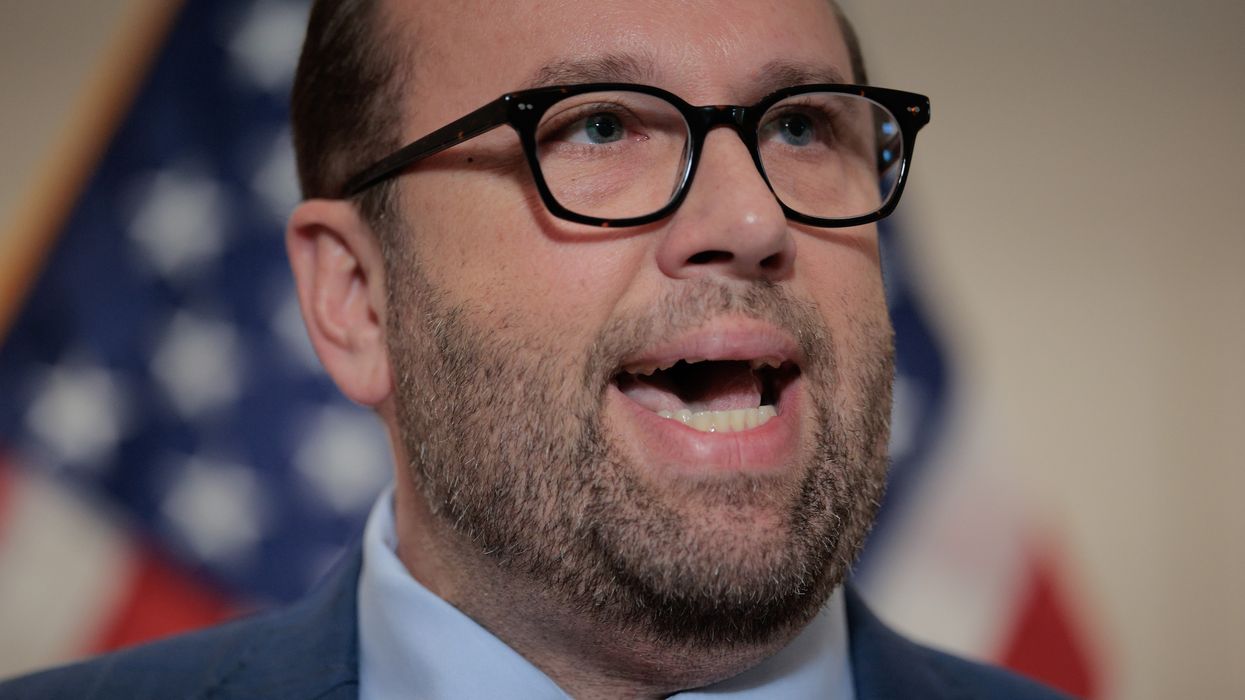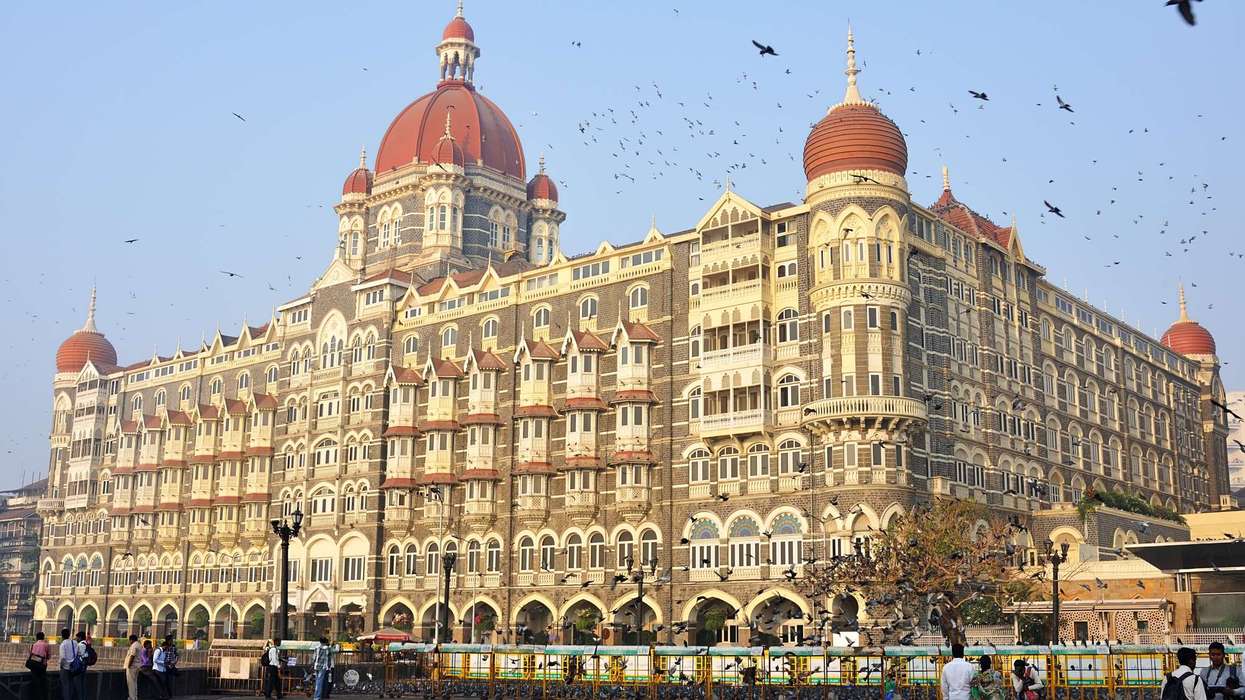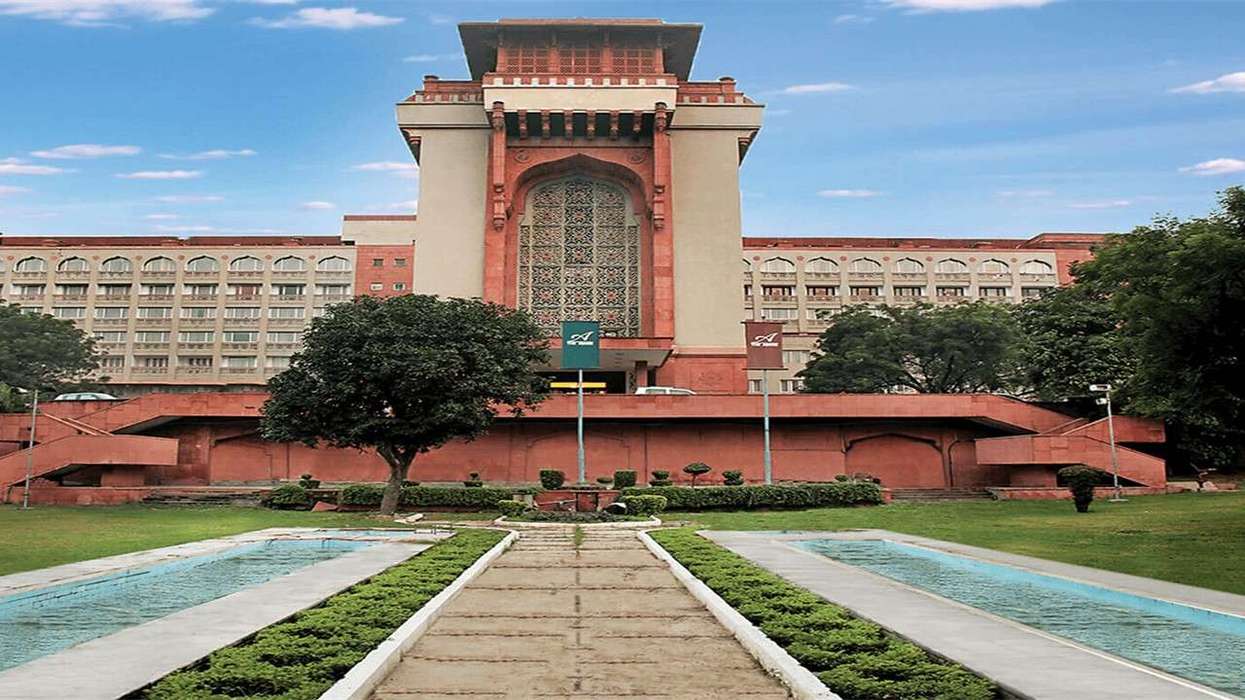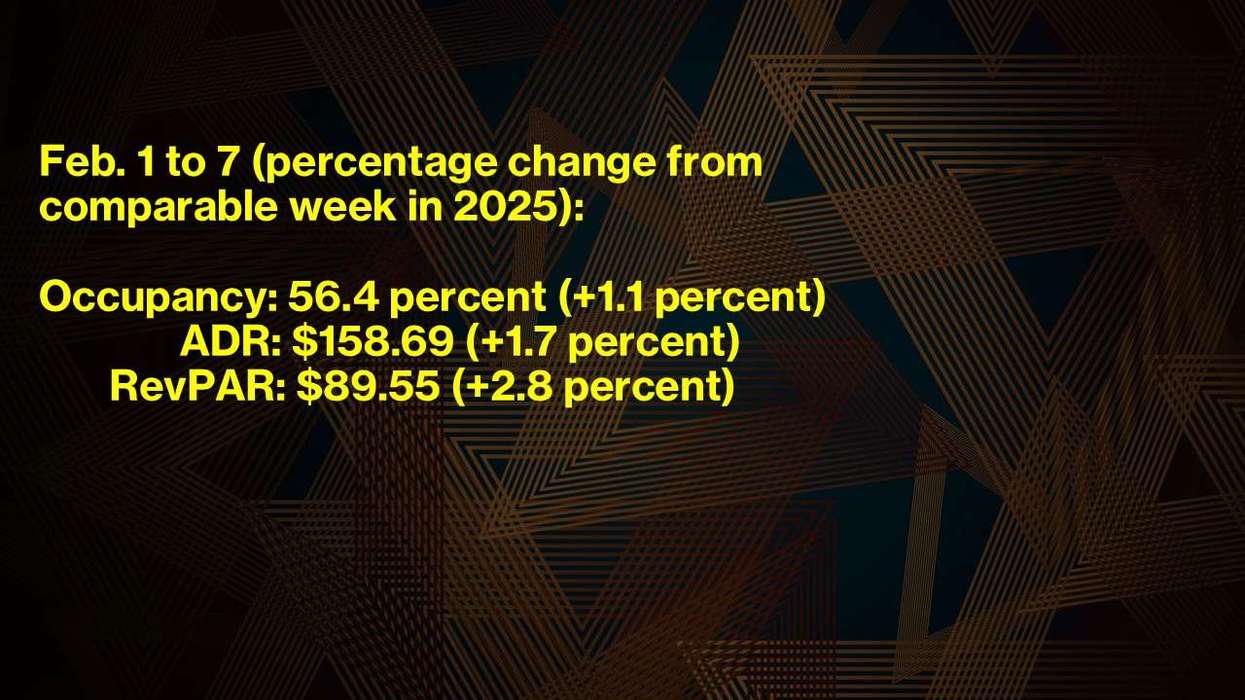5% Remittance Tax Raises Alarms Among Migrant Workers
THE WAYS AND Means Committee recently voted to advance a tax package titled “The One, Big, Beautiful Bill,” aimed at helping U.S. citizens. However, a remittance tax buried in the 389-page bill could severely impact overseas Indians who regularly send money or invest in India.
Hotel associations, including AAHOA, supported the bill, which proposes making the 2017 Trump tax cuts permanent among other things. Kamalesh “KP” Patel, AAHOA’s chairman, said the bill’s provisions could support hotel owners across the country.
“Policies that help small business owners reinvest in their operations and workforce are essential to long-term economic growth,” Patel said.
Laura Lee Blake, AAHOA president and CEO, said nearly 20,000 AAHOA Members are the backbone of America’s hospitality industry — main street job creators who power more than 1 million careers and fuel local economies nationwide.
“We support legislative solutions that bring clarity to the tax code, consistency to business planning, and real momentum to small business growth,” she said.
However, the bill’s proposed 5 percent tax on all remittances sent outside the U.S. by non-citizens raises concerns among migrant workers, including millions of Indians, India’s Firstpost reported. No minimum exemption is proposed, meaning even small transfers for family support or investments would be taxed.
The bill defines a verified sender as a U.S. citizen or national, so the tax would apply to most visa holders and green card residents.
According to India’s Ministry of External Affairs, about 4.5 million overseas Indians live in the U.S., including 3.2 million persons of indian origin. Many are on temporary work visas such as H-1B or L-1, or hold green cards. If enacted without exemptions, the tax could generate $1.6 billion annually from the Indian diaspora, according to media reports.
India has been the top global recipient of remittances for more than 25 years, with 2024 marking a record inflow of $129.4 billion. The World Bank estimates India’s remittance growth at 17.4 percent in 2024, compared to the global average of 5.8 percent. Other top recipients included Mexico at $68 billion and China at $48 billion.
The House aims to pass the bill by Memorial Day, May 26, 2025, after which it would move to the Senate. Lawmakers intend to have it signed into law by July 4, First Post reported.
If enacted, the remittance tax would take effect immediately, according to media reports. Financial institutions would need to withhold 5 percent at the time of transfer. The tax would apply regardless of the remittance’s amount or purpose, including payments for education, healthcare, or emergency support. This could significantly affect the financial planning of overseas Indians, according to Indian media outlets.
Last week, more than 250 American Hotel & Lodging Association members recently met with Senate and House lawmakers to discuss hospitality priorities, focusing on tax and trade policies affecting hotel costs and travel demand amid ongoing budget and tax negotiations.






